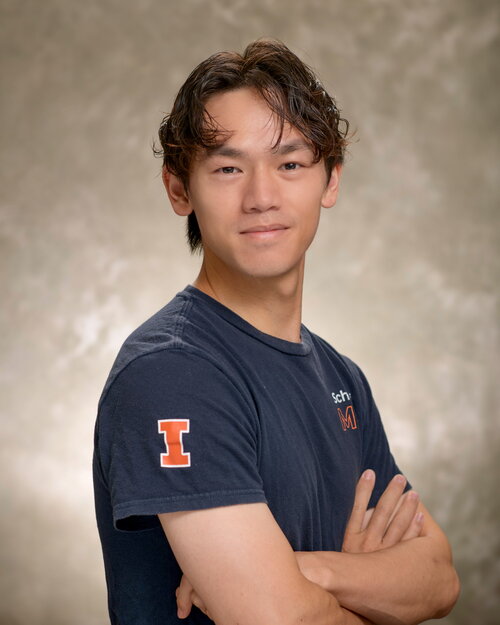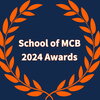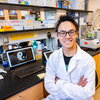
Research Interests
Viral Evolution; Antibody; Deep learning; Bioinformatics
Research Description
I am generally interested in understanding the relationship between biological sequence, structure and function. Antibodies, as subtype of protein, play a crucial role in the life sciences such as immune system, basic research and therapeutics. Specifically, I study how the primary sequence of an antibody determines its structure and function. As graduate researcher, I have developed sequence-based deep learning models to study how the primary sequence of an antibody determines its function (specificity), and how changes in genetic information affect viral phenotypes. My previous works as the first author have been published in prestigious journals such as Immunity, Elife, etc. Since May 2022, I have been working at Genentech mainly on structure-based general protein function prediction model, targeting state-of-the-art protein function prediction. In the future, my research aims to develop a deep learning-based platform to guide rational antibody design that enables the co-generation of antibody sequences and structures while conditioning on the target epitope.
Education
2020-08 - Current, Ph.D. at Biochemistry, Bioinformatics (University of Illinois Urbana - Champaign, IL)
2022-05 - 2023-01, Intern - gRED - Structural and Computational Biology (Genentech, CA)
2015-09 - 2019-06, Bachelor of Bioengineering, Bioengineering (Chongqing University - Chongqing, China)
Awards and Honors
-
Outstanding Graduate Student Award (2024)
-
Art of Science Image Contest Winner (2024)
-
Biophysical Society Travel Award (2024)
-
“Life Inspiring” art competition Winner (2023)
-
HERBERT E. CARTER FELLOWSHIP (2023)
-
Biochemistry Department Graduate Student Conference (Travel) Awards (2022)
-
Chongqing University Excellent Student Comprehensive Scholarship (2015 - 2019)
-
National Encouragement Scholarship(2015 - 2019)
-
"Meritorious Winner" in The Mathematical Contest in Modeling, COMAP (2017)
Courses Taught
BIOC 460 Biochemistry Senior Seminar
Highlighted Publications
Wang Y*, Lv H*, Lei R, Yeung YH, Shen IR, Choi D, Teo QW, Tan TJ, Gopal AB, Chen X, Graham CS. An explainable language model for antibody specificity prediction using curated influenza hemagglutinin antibodies. bioRxiv. 2023:2023-09.
Wang Y*, Yuan, M*, Lv, H, Peng, J, Wilson, IA, & Wu, NC. (2022). A large-scale systematic survey reveals recurring molecular features of public antibody responses to SARS-CoV-2. Immunity (2022). DOI: https://doi.org/10.1016/j.immuni.2022.03.019.
Wang Y*, Lei R*, Nourmohammad A, Wu NC. Antigenic evolution of human influenza H3N2 neuraminidase is constrained by charge balancing. eLife 10:e72516 (2021) DOI: https://doi.org/10.7554/eLife.72516.

